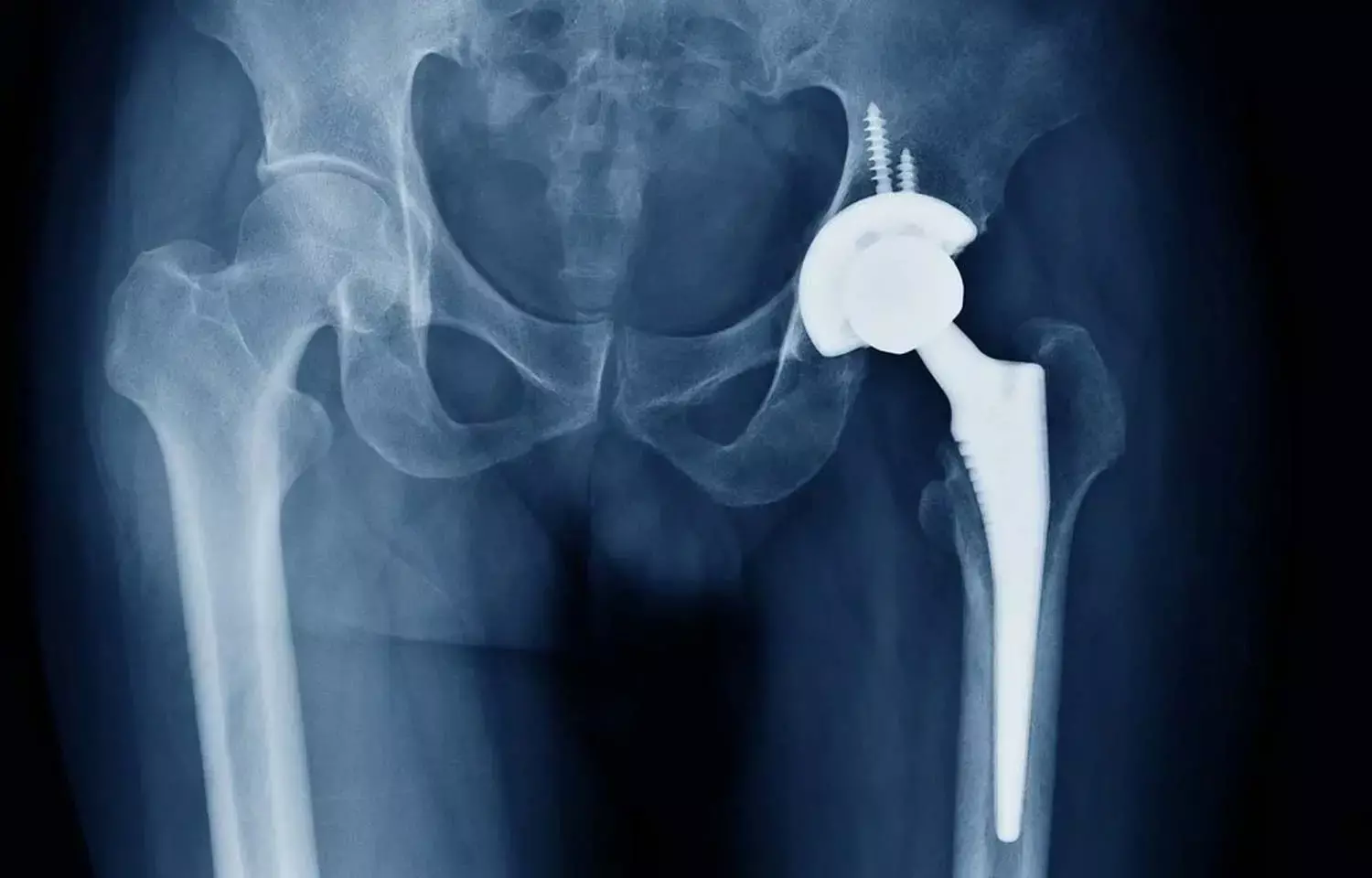- Home
- Medical news & Guidelines
- Anesthesiology
- Cardiology and CTVS
- Critical Care
- Dentistry
- Dermatology
- Diabetes and Endocrinology
- ENT
- Gastroenterology
- Medicine
- Nephrology
- Neurology
- Obstretics-Gynaecology
- Oncology
- Ophthalmology
- Orthopaedics
- Pediatrics-Neonatology
- Psychiatry
- Pulmonology
- Radiology
- Surgery
- Urology
- Laboratory Medicine
- Diet
- Nursing
- Paramedical
- Physiotherapy
- Health news
- Fact Check
- Bone Health Fact Check
- Brain Health Fact Check
- Cancer Related Fact Check
- Child Care Fact Check
- Dental and oral health fact check
- Diabetes and metabolic health fact check
- Diet and Nutrition Fact Check
- Eye and ENT Care Fact Check
- Fitness fact check
- Gut health fact check
- Heart health fact check
- Kidney health fact check
- Medical education fact check
- Men's health fact check
- Respiratory fact check
- Skin and hair care fact check
- Vaccine and Immunization fact check
- Women's health fact check
- AYUSH
- State News
- Andaman and Nicobar Islands
- Andhra Pradesh
- Arunachal Pradesh
- Assam
- Bihar
- Chandigarh
- Chattisgarh
- Dadra and Nagar Haveli
- Daman and Diu
- Delhi
- Goa
- Gujarat
- Haryana
- Himachal Pradesh
- Jammu & Kashmir
- Jharkhand
- Karnataka
- Kerala
- Ladakh
- Lakshadweep
- Madhya Pradesh
- Maharashtra
- Manipur
- Meghalaya
- Mizoram
- Nagaland
- Odisha
- Puducherry
- Punjab
- Rajasthan
- Sikkim
- Tamil Nadu
- Telangana
- Tripura
- Uttar Pradesh
- Uttrakhand
- West Bengal
- Medical Education
- Industry
Secondary total hip arthroplasty common in elderly with internally fixated acetabular fractures

Canada: Compared to younger patients, older patients with an AF open reduction internal fixation are at significantly higher risk for secondary total hip arthroplasty (THA), finds a recent study in the Journal of Arthroplasty.
Geriatric patients are the most rapidly growing patient cohort sustaining acetabular fractures (AFs). Graeme Hoit, University of Toronto, Toronto, ON, Canada, and colleagues aimed to examine the risk of secondary THA older patients aged 60 years and above with a prior AF open reduction internal fixation (ORIF) compared to younger patients (<60 years old) with an AF ORIF on a large population level.
For the purpose, the researchers identified and included all adults patients with an AF ORIF and a minimum of two years follow-up using administrative healthcare data from 1996-2010 inclusive of all 202 hospital in Ontario, Canada. THA risk was examined using a Cox proportional hazards model adjusting for patient risk factors. Secondary outcomes included surgical complications and all-cause mortality.
The study overall included a total of 1,725 patients having an AF ORIF; 1,452 (84.2%) aged <60 years ("younger") and 273 (15.8%) >60 years ("older"). They were followed for a median of 6.9 years.
Key findings of the study include:
- In older patients, 19.4% went on to receive a secondary THA with a median time to event of 3.9 years, compared to 12.9% in the younger patient cohort with a median time of 6.9 years (HR 1.7).
- As expected, older patients had a higher 90-day mortality rate compared to younger patients (7.7% vs 0.7%, respectively; HR 9.2).
"Older patients with an AF ORIF are at a significantly higher risk for a secondary THA compared to younger patients with an AF ORIF," wrote the authors.
Reference:
The study tiled, "Risk of Total Hip Arthroplasty after Acetabular Fracture Fixation: The Importance of Age," is published in the Journal of Arthroplasty.
DOI: https://www.arthroplastyjournal.org/article/S0883-5403(21)00397-1/fulltext
Dr Kamal Kant Kohli-MBBS, DTCD- a chest specialist with more than 30 years of practice and a flair for writing clinical articles, Dr Kamal Kant Kohli joined Medical Dialogues as a Chief Editor of Medical News. Besides writing articles, as an editor, he proofreads and verifies all the medical content published on Medical Dialogues including those coming from journals, studies,medical conferences,guidelines etc. Email: drkohli@medicaldialogues.in. Contact no. 011-43720751


